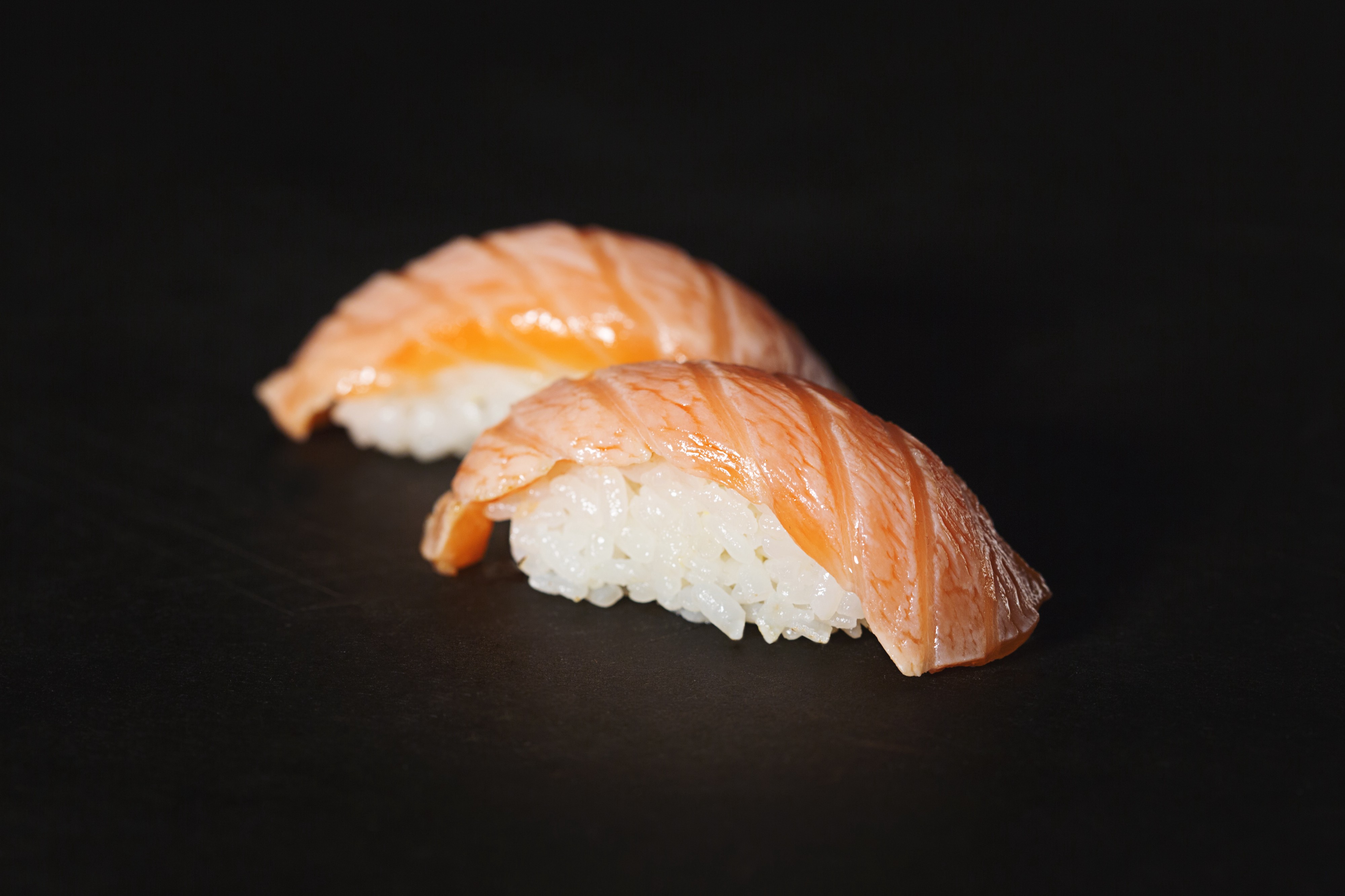
Sushi is very simple.
It’s a bit of rice and a bit of fish.¹ And from the outside, it seems like one piece should be about the same quality as the next. After all, it’s just two ingredients. How much variation could there be?
But ask any sushi lover and they’ll tell you there’s a world of difference between grocery store sushi from a plastic box and Jiro-level craftsmanship. There’s a reason one is 300. Exceptional sushi is much, much better.
OKRs are simple too.
They also have two ingredients.²
And from the outside, it seems like one set of OKRs should be about the same quality as the next. It’s a simple framework, right? How much difference could there be?
Answer: a huge difference! Great OKRs aren’t just a little better than mediocre ones. They’re astonishingly better. Great OKRs imbue teams with purpose, direction, and momentum. They give a team something they can rally around, something they can strive towards, and something they can take pride in when they’re done.
Mediocre OKRs don’t inspire anyone. They don’t drive teams to excel and they certainly don’t sharpen focus. The best part about mediocre OKRs is the day you can stop talking about them.
If you’re serious about sushi, you hold restaurants to a high standard. You don’t accept mushy rice or questionable fish. You don’t accept sushi with skewed proportions or tolerate a chef with sloppy technique. You demand excellence because that’s the only way to extract a great experience from such simple ingredients.
Our goals deserve the same level of care. Hold your OKRs to the highest standard and watch your teams get more focused, more productive, and more engaged.
Great chefs make great sushi.
Great OKRs make great teams.
¹ Nigiri. I know. Just let it happen.
² Objectives, Key Results